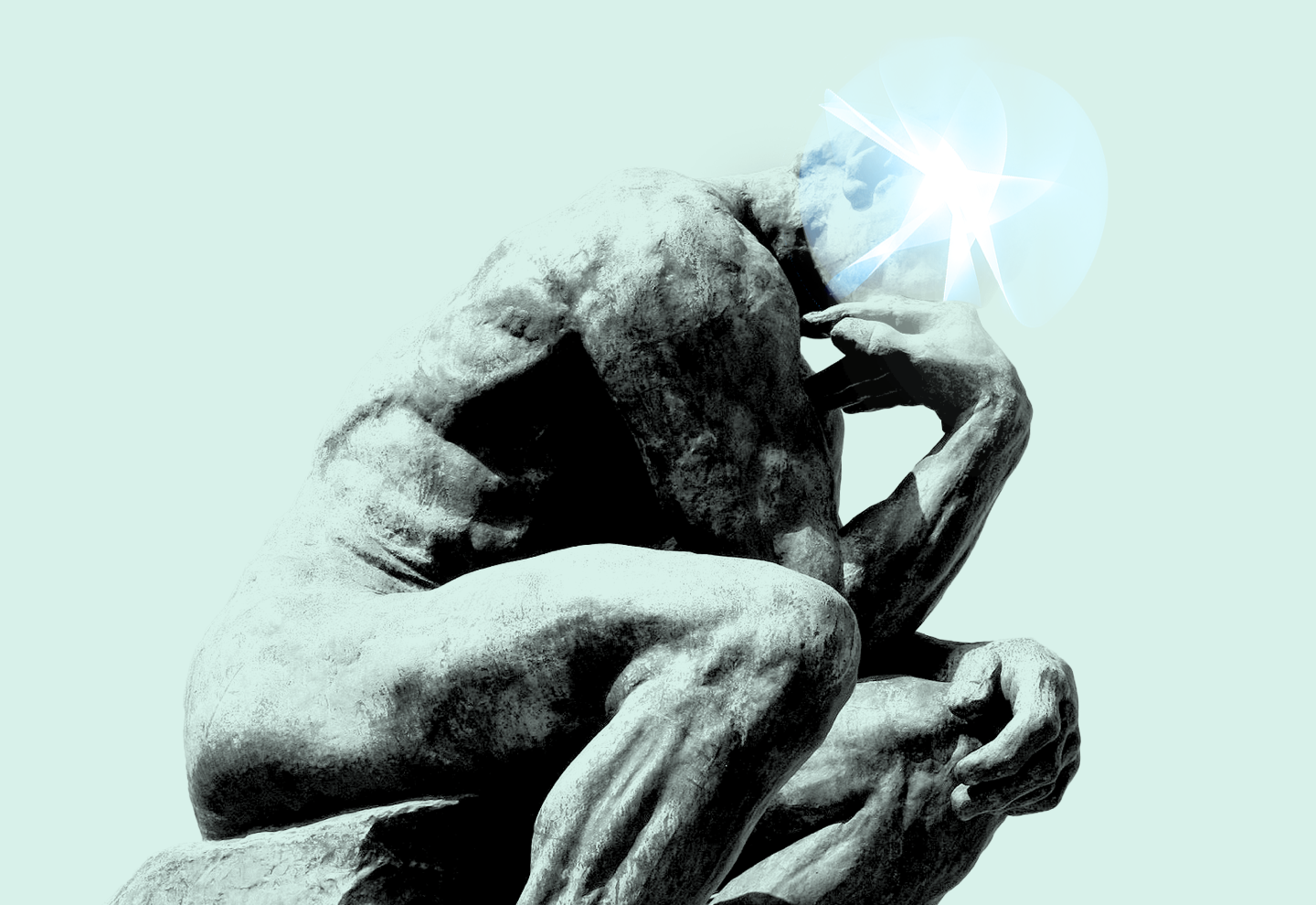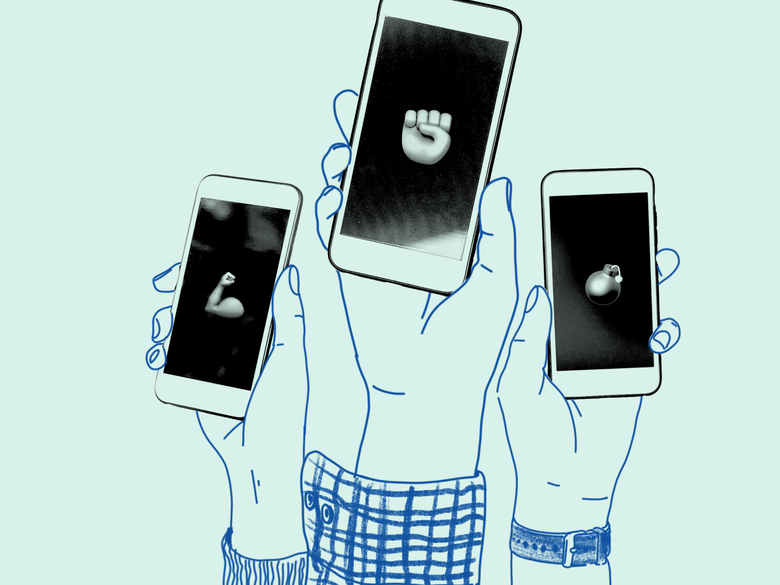Episode Description
In this episode, Policy Prompt hosts chat with CIGI Senior Fellow and international human rights lawyer Susie Alegre, to unpack her latest book, Human Rights, Robot Wrongs: Being Human in the Age of AI (Atlantic Books, 2024). Listen to find out if Susie has ever been fooled by artificial intelligence, what the challenges and the tensions of rights for machines are, and why there is a palpable lack of urgency around the adoption of fully autonomous weapons.
Mentioned:
- Susie Alegre, Human Rights, Robot Wrongs: Being Human in the Age of AI (Atlantic Books, 2024)
- “Machine learning cracked the protein-folding problem and won the 2024 Nobel Prize in chemistry” (The Conversation, October 9, 2024)
- “How good is the latest version of ChatGPT?” (BBC News, May 16, 2024)
- “The agony of Sophia, the world’s first robot citizen condemned to a lifeless career in marketing” (Wired, June 1, 2018)
- Susie Alegre, Freedom to Think: Protecting a Fundamental Human Right in the Digital Age (Atlantic Books, 2023)
In-Show Clips:
- CBC News: “Cambridge Analytica and Facebook data: Companies under investigation”
- TalkTV: “AI Girlfriend ‘Told Intruder To Assassinate The Queen In Windsor Castle’”
- Harvard T.H. Chan School of Public Health: “Using AI to discover new antibiotics”
- The Jakarta Post: “Meet Sophia: The first robot declared a citizen by Saudi Arabia”
- Bloomberg Technology: “Microsoft, AWS Speakers Exit Event Over Fake Female Profiles”
Further Reading:
- “Human rights lawyer Susie Alegre: ‘If AI is so complex it can’t be explained, there are areas where it shouldn’t be used’” (The Guardian, May 11, 2024)
- Susan Ariel Aaronson, Susie Alegre, Duncan Cass-Beggs and Jeni Tennison, “Can We Have Our AI Cake and Eat It Too?” (CIGI, November 30, 2023)
- Susie Alegre, “Technological Threats to Our Freedom of Thought” (CIGI, September 14, 2022)
Credits:
Policy Prompt is produced by Vass Bednar and Paul Samson. Our technical producers are Tim Lewis and Melanie DeBonte. Fact-checking and background research provided by Reanne Cayenne. Marketing by Kahlan Thomson. Brand design by Abhilasha Dewan and creative direction by Som Tsoi.
Original music by Joshua Snethlage.
Sound mix and mastering by François Goudreault.
Special thanks to creative consultant Ken Ogasawara.
Be sure to follow us on social media.
- X: @_policyprompt
- IG: @_policyprompt
Listen to new episodes of Policy Prompt biweekly on major podcast platforms. Questions, comments or suggestions? Reach out to CIGI’s Policy Prompt team at [email protected].





